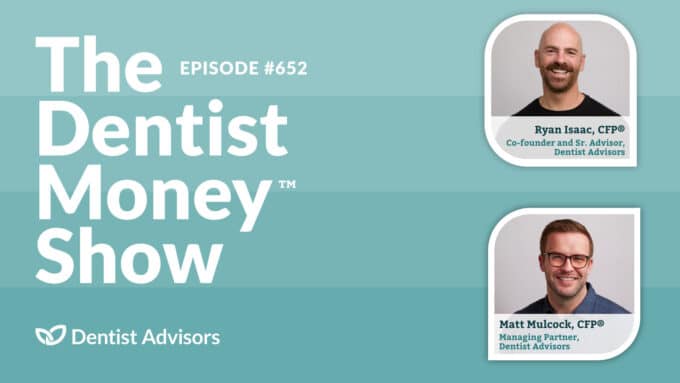Earlier this year, two homes in Utah collapsed and fell down the hillside they were built on. Neighbors caught the destruction on videos that have since gone viral. Luckily, these homes, which had only been completed eighteen months prior, were already evacuated and nobody was hurt.
The company that built the homes cited the shift and eventual slide to “unique geographical features and the soils on which they were constructed.” That seems like a fancy PR way of saying the homes were built on a faulty foundation.
The foundation is everything. You can have the perfect light fixtures, countertops, and furniture, but none of it will matter if the base eventually crumbles.
(Queue the financial analogy).
Let’s talk about laying the groundwork for a financial house that stands the test of time and keeps you out of harm’s way.
Here are 3 steps to building a solid financial foundation:
1) Start with the right questions
If I asked you what THE QUESTION is when it comes to your money, you might say something like, “When can I retire?”
That’s a great question. And it’s important to plan around the answer. But I’d argue it’s not one of the “foundational” questions of a successful financial plan.
Here are better questions to start with:
- Why is money important to me?
- What needs to happen in the next few years for me to feel like I’m making progress?
- Am I using my money in a way that improves my life?
These questions naturally uncover your values and lead you down a path of more fulfilling decisions. Money is not a hard science. Sure, there is always the “spreadsheet answer” to most money questions that optimize for wealth creation. But is that what you’re optimizing for? Maybe. Maybe not. First, identify your values, then spend and invest accordingly.
2) Get organized
You need to know where you stand so you can know where to start. Most money mistakes we see dentists make are the result of being disorganized.
Nail the following fundamentals and you’ll be empowered to make financial decisions with more confidence:
- Create and track your personal financial statement
- Regularly review your practice P&L and balance sheet
- Monitor your personal spending (with an app or dashboard)
- Take time to get the proper insurance policies and an estate plan
By getting organized you’ll be able to measure your progress, stay objective, and be prepared for inevitable mishaps.
3) Prioritize your practice
As advisors to dentists, we often get asked, “Where should I invest my money?” That is a big question that requires knowing a lot more about each person’s goals and situation. But more times than not, the best investment you can make is investing right back into your practice. If you don’t own a practice, that’s okay. Invest in your skillset as a dentist. Your payoff in the long run will almost always be bigger and better than any other investment you can make.
We’ve all heard the common saying of keeping the main thing the main thing. You, your skillset, and your practice are the main thing. Protecting and growing that is a huge part of building your financial foundation.
Summary
Building a solid financial foundation allows you to focus more on the things that make life worth living. Playing on the beach with your kids, starting a new hobby, or picking up that book you’ve been meaning to read are a lot better when you’re not constantly worried about the bottom falling out of your bank account.
Creating a strong footing for your money decisions doesn’t mean constantly thinking and stressing about money—quite the opposite. By articulating your values, getting organized, and prioritizing your practice on the front end, you’ll be able to think less about money and start focusing on the things that really matter.





